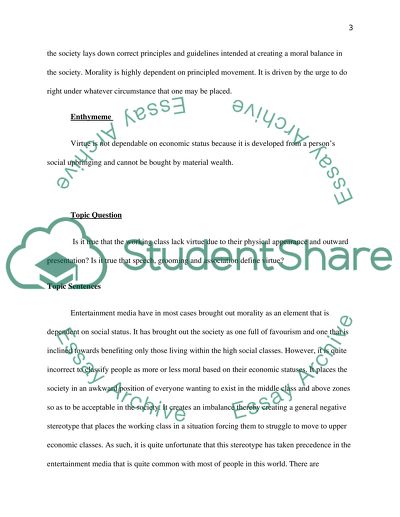Cite this document
(“Virtue and trust Essay Example | Topics and Well Written Essays - 3000 words”, n.d.)
Retrieved de https://studentshare.org/english/1667425-virtue-and-trust
Retrieved de https://studentshare.org/english/1667425-virtue-and-trust
(Virtue and Trust Essay Example | Topics and Well Written Essays - 3000 Words)
https://studentshare.org/english/1667425-virtue-and-trust.
https://studentshare.org/english/1667425-virtue-and-trust.
“Virtue and Trust Essay Example | Topics and Well Written Essays - 3000 Words”, n.d. https://studentshare.org/english/1667425-virtue-and-trust.


